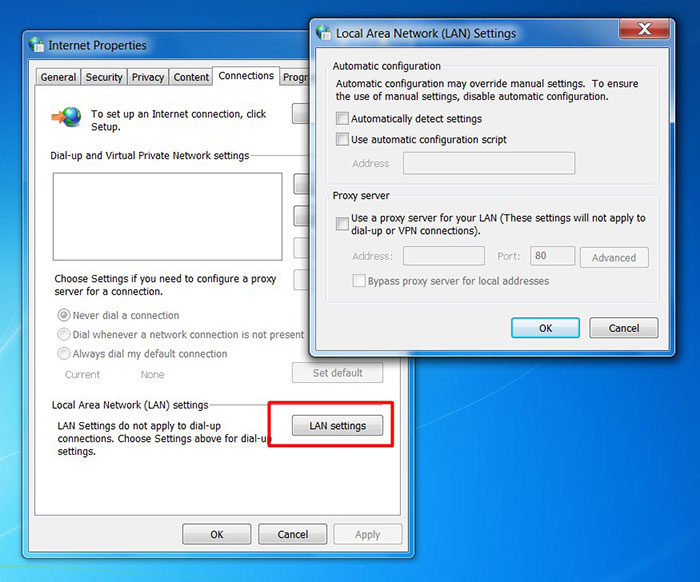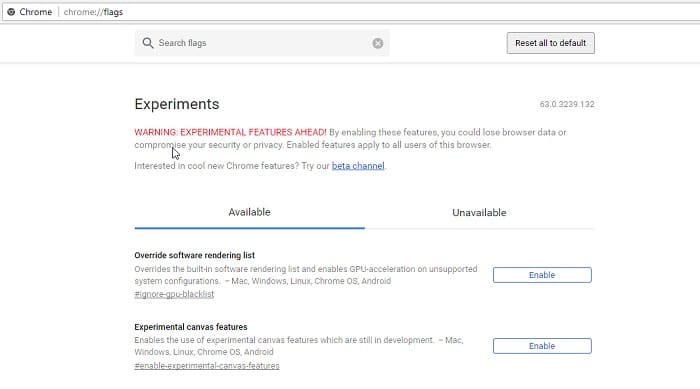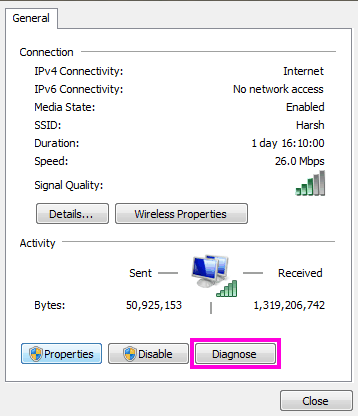


If you’d like to get a head start, you can run your own simulations (as we did) based on the principles outlined in this FLoC whitepaper. Chrome intends to make FLoC-based cohorts available for public testing through origin trials with its next release in March and we expect to begin testing FLoC-based cohorts with advertisers in Google Ads in Q2. We’re encouraged by what we’ve observed and the value that this solution offers to users, publishers and advertisers.

The specific result depends on the strength of the clustering algorithm that FLoC uses and the type of audience being reached. Our tests of FLoC to reach in-market and affinity Google Audiences show that advertisers can expect to see at least 95% of the conversions per dollar spent when compared to cookie-based advertising.

Results indicate that when it comes to generating interest-based audiences, FLoC can provide an effective replacement signal for third-party cookies. This approach effectively hides individuals “in the crowd” and uses on-device processing to keep a person’s web history private on the browser.īy creating simulations based on the principles defined in Chrome’s FLoC proposal, Google’s ads teams have tested this privacy-first alternative to third-party cookies. Today, we're releasing new data showing how this innovation can deliver results nearly as effective as cookie-based approaches. Technology advancements such as FLoC, along with similar promising efforts in areas like measurement, fraud protection and anti-fingerprinting, are the future of web advertising - and the Privacy Sandbox will power our web products in a post-third-party cookie world.įederated Learning of Cohorts (FLoC) proposes a new way for businesses to reach people with relevant content and ads by clustering large groups of people with similar interests. When the Privacy Sandbox technology for interest-based advertising ( FLoC) was first proposed last year, we started with the idea that groups of people with common interests could replace individual identifiers. It might be hard to imagine how advertising on the web could be relevant, and accurately measured, without third-party cookies. That’s why Chrome introduced the Privacy Sandbox and, today, shared progress on their path to eliminate third-party cookies by replacing them with viable privacy-first alternatives, developed alongside ecosystem partners, that will help publishers and advertisers succeed while also protecting people’s privacy as they move across the web. People want assurances that their identity and information are safe as they browse the web. Advertising is essential to keeping the web open for everyone, but the web ecosystem is at risk if privacy practices do not keep up with changing expectations.


 0 kommentar(er)
0 kommentar(er)
